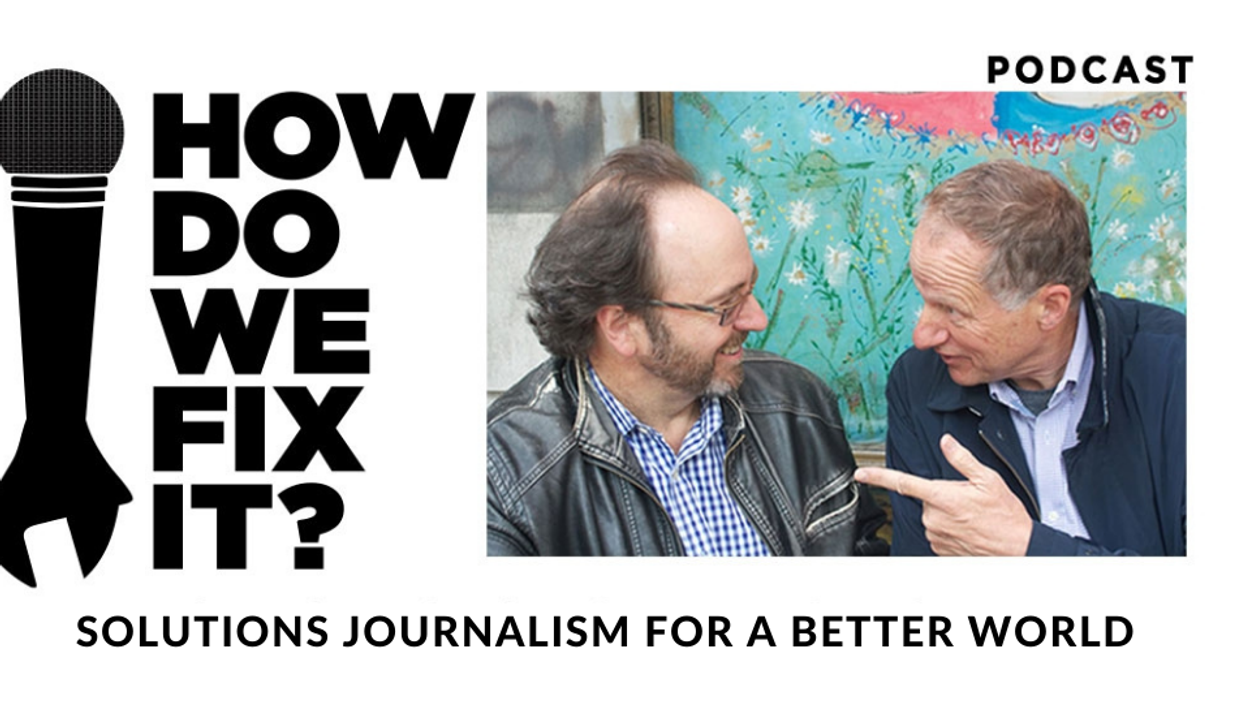American voters are deeply dissatisfied with the government in Washington. They feel shut out of Congressional deliberations. On this episode of “How Do We Fix It”, Gail Hoffman and JP Thomas join the show to discuss a promising new initiative that helps engage citizens much more directly in the work of Congress and state legislatures.
Gail Hoffman, President of The Hoffman Group, is a public affairs strategist and consultant for the Program for Public Consultation at the University of Maryland, and Voice of the People. She has served in federal and state government, including in the Clinton White House and in the U.S. Justice Department under Attorney General Janet Reno.
Thomas is Voice of the People's Director of External Relations, and an organizer and government relations professional, who develops campaigns and strategies to promote the use of public consultation to consult citizens on key public policy issues.
Also in this episode: Congressional gridlock has reached a new high, but groundbreaking new research shows that the American people are far less polarized than elected officials. There is extensive bipartisan common ground on a surprising range of controversial issues— from abortion and immigration to the environment and law enforcement.




















Marco Rubio is the only adult left in the room